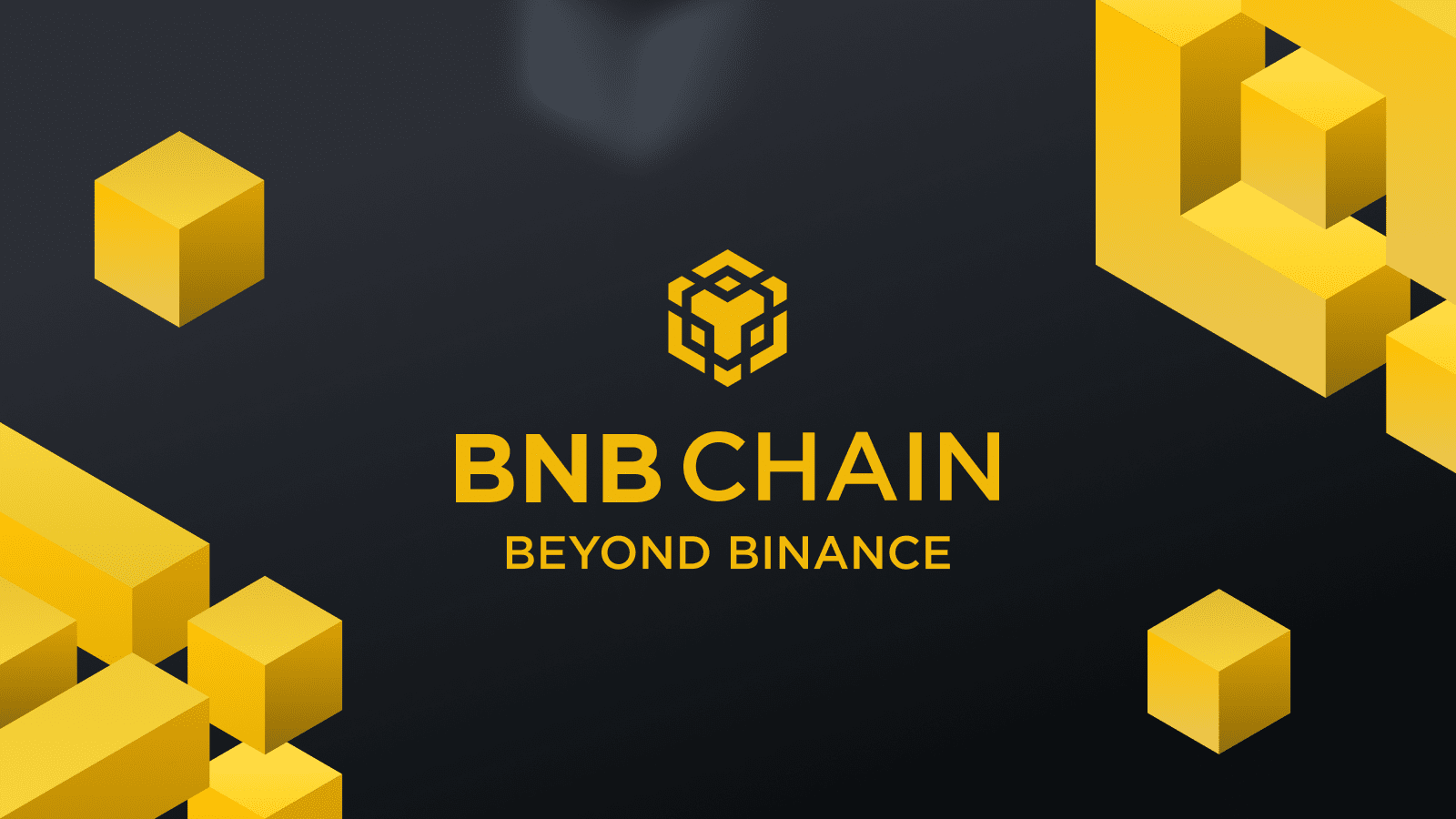Binance Smart Chain (BSC), the blockchain protocol developed by Binance, has announced it is rebranding to BNB Chain to more closely reflect the BNB token and ecosystem. The world's largest cryptocurrency exchange by trading volume has said that the BNB token, previously known as Binance Coin, now stands for “Build and Build.”
The leading layer-1 network grew exponentially last year, pulling in many new users and developers thanks to its lightning-fast transaction speeds and super-low gas fees.
Binance claims that the transition to BNB Chain is the next step in the evolution of its blockchain, which has positioned itself as Ethereum's rival over the last few years. Binance pointed out that the use cases for BNB now transcend those of the exchange itself.
Interestingly, the Binance move on 15 February preceded a similar rebranding by fellow layer-1 chain Crypto.org Chain (CRONOS) by only 2 days, as both chains try to reinvent themselves for new use cases like DeFi, Web 3, MetaFi, metaverse gaming and NFTs.
Both the BNB Chain and CRONOS ecosystems are supported on CoolWallet Pro, the safest and most convenient hardware wallet for DeFi users.
What is the BNB Chain?
BNB Chain is the umbrella term that unites two separate chains: the BNB Smart Chain (BSC) and the BNB Beacon Chain.
The BNB Smart Chain, previously called Binance Smart Chain, is a protocol for running smart contracts. Just like Ethereum, it allows developers to build and deploy decentralized applications (dApps). BSC is compatible with the Ethereum Virtual Machine (EVM), making it possible to run Ethereum-based dApps on it, while it can also be used to access other blockchains.
BSC has been criticized in the past for being too centralized. In the wake of the rebrand, BSC is expanding the number of validators from 21 to 41 to offset this deficiency. The additional validators will function as candidate block producers.
The validators, or node operators, are voted on by holders of the BNB token. Binance itself has a greater influence on the election of validators because it holds a huge chunk of BNB tokens.
Binance founder Changpeng Zhao, also known as “CZ,” noted that they opted for improved BSC speed at the expense of decentralization, with the reason being to provide a solid alternative to Ethereum as the latter's transaction fees skyrocketed.
The rebranding has perhaps come at a time when BSC is becoming synonymous with rug pulls. PeckShield, a blockchain security firm, warned in mid-January 2022 that it had identified 55 dubious projects that it considered to be potential rug pulls on the chain.
BNB Beacon Chain, known as Binance Chain before the rebrand, is a governance protocol used for staking and voting. It was the first blockchain created by Binance, back in 2019.
Binance has promised that the name change will accompany advancements that benefit users, developers, and projects around the BNB Chain ecosystem. BNB is expanding validators and increasing throughput to embrace large-scale applications that span GameFi, SocialFi, and the metaverse.
The Future of BNB Chain
Binance has coined a new term, “MetaFi,” which refers to projects covering decentralized finance (DeFi), the metaverse, GameFi, SocialFi, Web 3, and non-fungible tokens (NFTs). The exchange is pushing its BNB Chain as a candidate to take center stage in the crypto world.
This may not come as a complete surprise given that Binance has shown it is prepared to go to any lengths to see its blockchain protocol succeed.
In October 2022, Binance launched a $1 billion fund to grow the BNB Smart Chain ecosystem. With its push to accelerate the mass adoption of digital assets, it hopes to become the first chain to have 1 billion users.
On top of this, the popularity of decentralized exchanges (DEXs) such as Pancake Swap on BNB Chain are helping to steer DeFi and NFT aficionados there, as the gas fees are lower.
Is BNB Chain an "Ethereum Killer"?
Despite perceptions to the contrary, CZ has previously highlighted that BSC was not intended to be an Ethereum killer, seeking instead to build on its successes, with a special emphasis on keeping the fees down.
BSC was launched as a competitor to Ethereum – the original smart-contract chain – with lower transaction costs and improved throughput as the major selling points. However, Binance still has to shake off stiff competition from its rival if it intends to dethrone it one day.
In the DeFi sector, Ethereum is still the clear leader, having over $100 billion in total value locked (TVL), with Terra having flipped BSC to claim the second spot. BSC, with a current market cap of $68 billion and TVL of $13 billion, has clearly measured the intensity of the competition, and its latest rebrand and new capabilities point to a blockchain that is not ready to give up.







Share:
Bananas ApeCoin Airdrop Kicks Off BAYC Metaverse Plans
Terra's LUNA and UST Crash Down to Earth: What Happened?